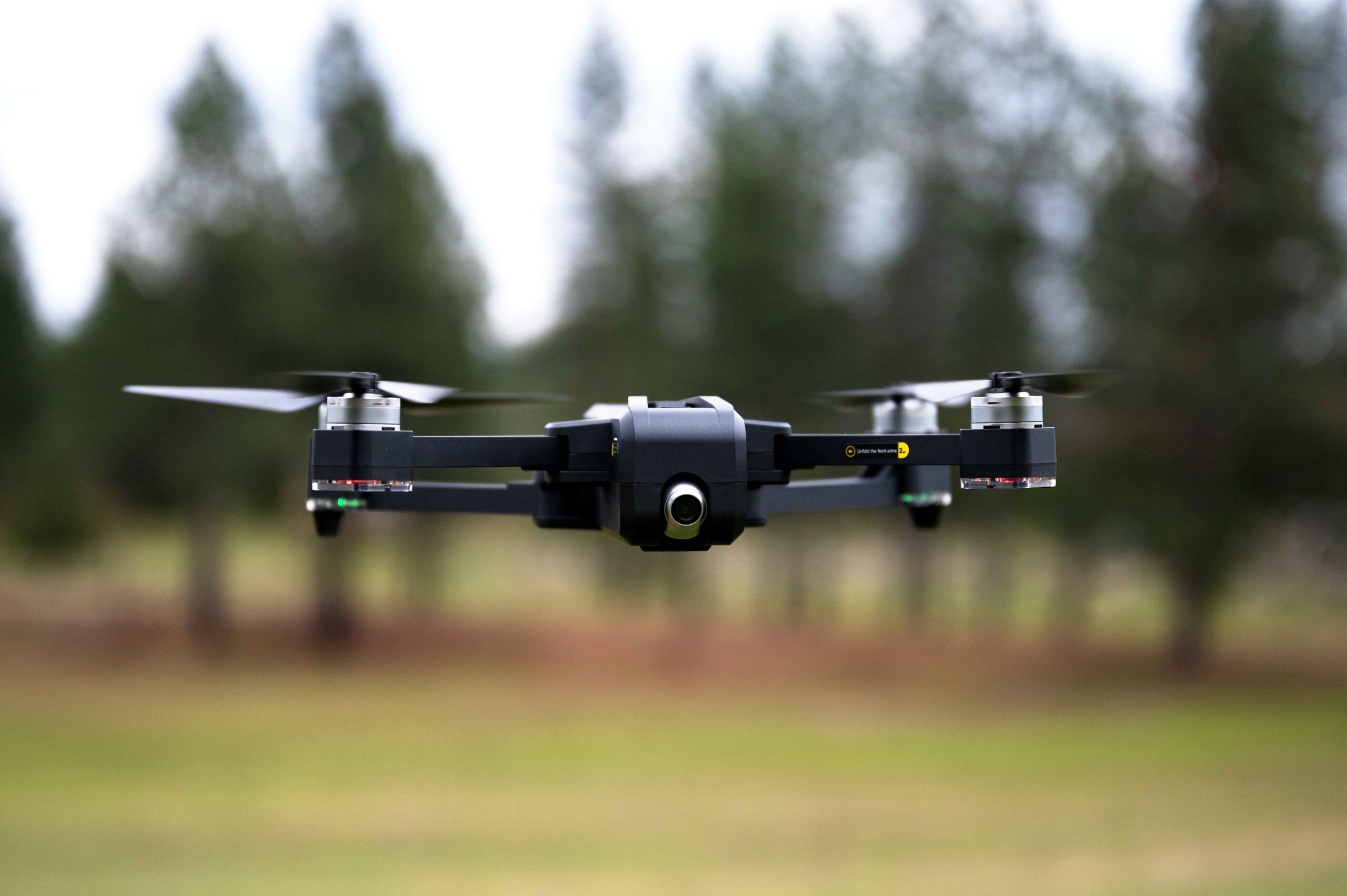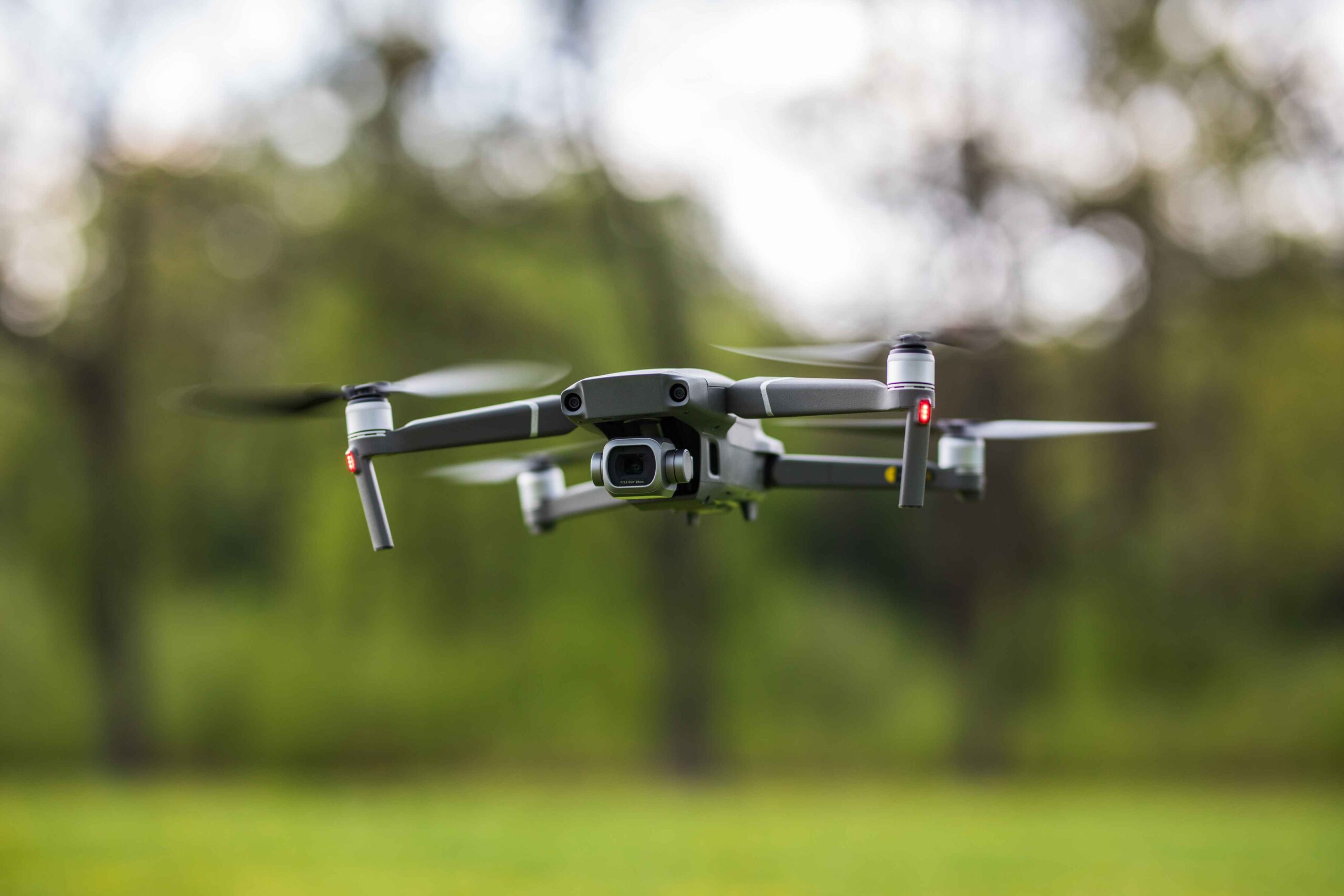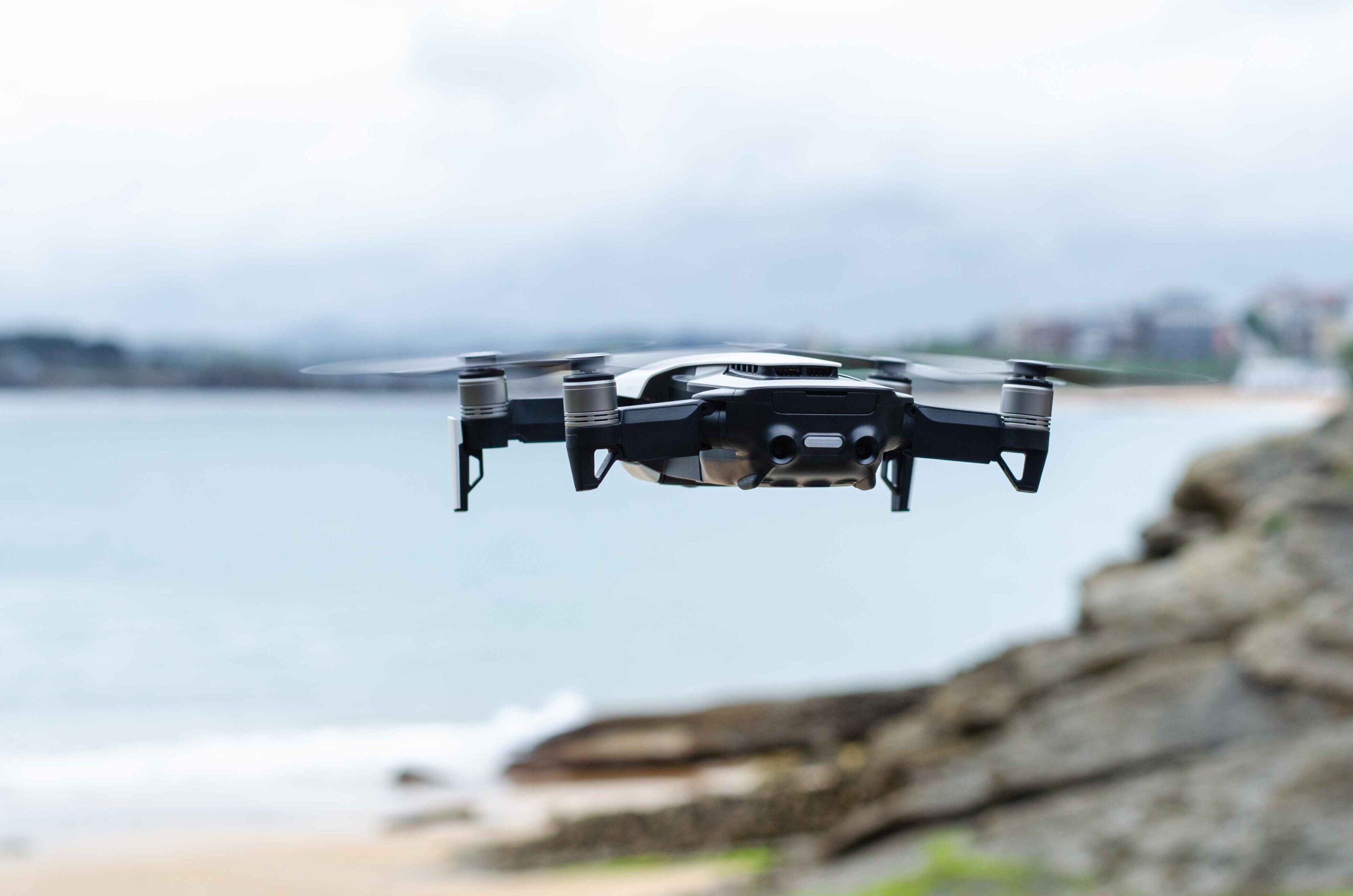In the fast-paced world of construction and real estate marketing, drone photography has become a game-changing tool for professionals who offer stunning aerial shots to make their properties stand out. Drone photography has revolutionized the way we capture shots around us. And such breathtaking shots are possible only through expensive aircraft and equipment.
Thus, it is important to understand the legal laws and Find the right balance of drone protection for aerial photography, which can be challenging. However, this guide can help you explore the fundamentals of legal drone snapshots. Here is everything you need to know about the legal considerations of drone snapshot.
The value of legal drone photography goes beyond breathtaking visuals by enhancing the marketing and selling process. Drone snapshot plays a very important role in transforming the way property is presented to potential buyers. And it is one of the meaningful advantages of drone snapshots.
Thus, it is one of the abilities to highlight the broader view of the surroundings, nearby amenities, and the overall landscape around the property. Such a photograph is capable of showcasing the complete photography of the area, including gardens, large estates and unique architectural features, thus enhancing the property’s appeal.
Nowadays, drone photography is essential to visualize the impact of the property in the eyes of the buyer. Also, it is crucial to understand various legal factors that must be considered before operating a drone. Whether you are looking for drones for real estate, construction sites, or any personal use, it is always necessary to ensure deferral regulations and compliance with local and state laws to avoid legal issues. Let’s go deeper into the legal considerations of navigating drone snapshots.
In the United States, the FAA (Federal Administration) regulates drones to maintain safe airspace for manned and unmanned aircraft. No matter whether you are seeking to fly that for commercial or recreational purposes. The FAA regulations are:
Drones indeed offer stunning aerial shots while raising privacy concerns, but there are some common principles that the operator must be aware of, as mentioned below.
Commercial drone operators should strictly consider insurance, as accidents can happen; thus, it is very important to save the drone via an insurance policy. The types of insurance associated with drones are Liability, Drone Equipment, and Professional Liability Insurance. By securing the right policy, operators can find the gateway to minimize the financial risks.
In addition to FAA rules and regulations, drone operators must consider local and state laws. Many states have their state-specific drone laws, and local ordinances like municipalities have their own, too.
Suppose you are planning to do drone photography abroad. In that case, it is essential to understand the airspace restrictions, special permits, and country-specific laws and regulations for the country in which you are planning to fly.
Get the immense potential to capture compelling imagery through drone photography. Avoid the complications with the above legal considerations. Stay on the right side of the laws and regulations and harness the power of aerial cinematography.
Do you wish to ensure a stand-out aerial shot of your property in the market without any legal setback? Get support from our team by dropping us a message or go quick by emailing us.


